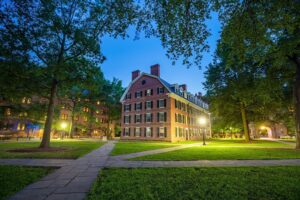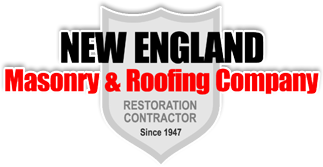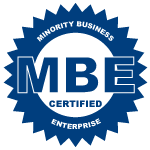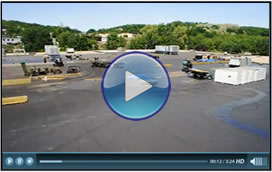Advanced Practices for Connecticut Masonry Work

Masonry work in Connecticut requires attention to local climate conditions, building codes, and industry best practices. Here are some advanced practices specific to masonry work in Connecticut:
Material Selection
Choose materials that are well-suited to Connecticut’s climate. Given the region’s cold winters and potential for freeze-thaw cycles, select durable and weather-resistant materials for masonry construction.
Insulation Considerations
Incorporate proper insulation into masonry projects, especially for exterior walls. This is essential for energy efficiency and to prevent issues related to thermal bridging. Consult local building codes to ensure compliance.
Expansion Joints
Include expansion joints in large masonry structures to accommodate thermal movement and prevent cracking. Properly placed expansion joints help ensure the longevity and stability of the masonry work.
Historical Restoration Techniques
Connecticut has a rich history, and many buildings may require historical restoration. Hire masonry contractors specializing in historical building restoration to preserve the authenticity of older structures while ensuring they meet modern safety and code standards.
High-Strength Mortars
Depending on the application, consider using high-strength mortars that are designed to withstand specific loads or environmental conditions. This is particularly relevant for projects with demanding structural requirements.
Efflorescence Prevention
Employ advanced techniques to prevent efflorescence, a common issue in masonry where white, powdery deposits form on the surface. This may include proper curing, sealing, and selecting low-alkali cement.

















